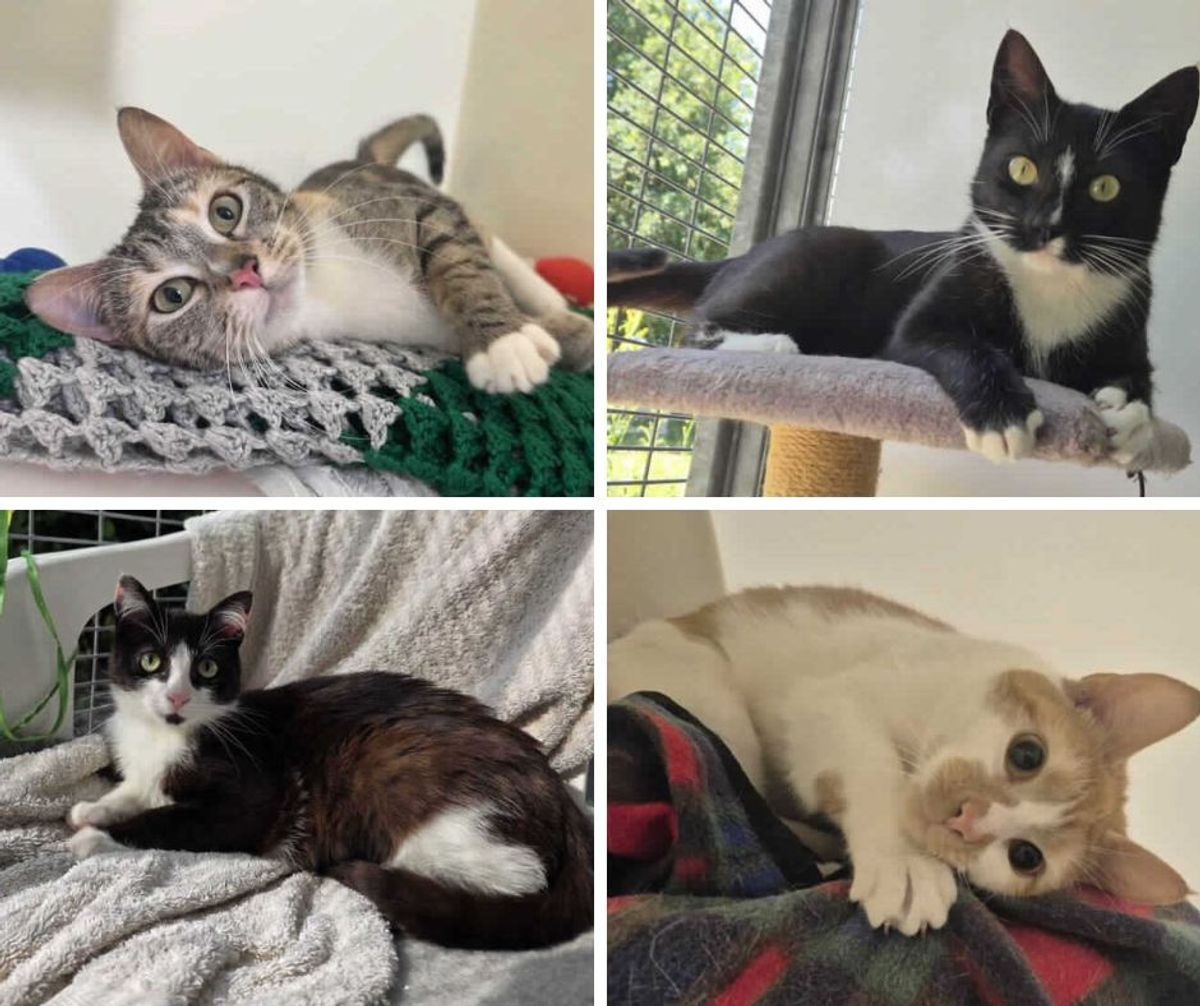Article content
A highly contagious and deadly dog virus has spread beyond its downtown Windsor ground zero and has now claimed the lives of 14 dogs, with 21 more now in quarantine
After vaccinating 65 dogs over the weekend in the Glengarry neighbourhood, animal welfare officials are planning more mobile clinics elsewhere in Windsor to try and stem the surge of canine parvovirus.
Advertisement 2
Article content
“It is an infectious disease, it can spread easily,” Lynnette Bain, executive director of the Windsor/Essex County Humane Society, told the Star Monday.
“Some people are taking their dogs into parks and walking them down the street. That’s how it is transported from animal to animal.”
The local humane society has been joined by Ontario’s Animal Welfare Services (AWS) and the Hamilton-Burlington Society for the Prevention of Cruelty to Animals in the fight.
They set up a mobile vaccination clinic on Saturday at 333 Glengarry Ave., where it’s believed the outbreak began.
The Star first reported last week that canine parvovirus had suddenly started rippling through the Windsor Essex Community Housing Corporation’s Glengarry apartment buildings.
At the time, one dog was confirmed dead from the virus. The case count has since swelled.
“To date, AWS has removed 21 dogs which were either sick or at risk of becoming sick,” Brent Ross, a spokesperson for Ontario’s Ministry of the Solicitor General, told the Star in an email on Monday.
“AWS is aware of 14 dogs having passed away, some of which died prior to AWS engagement. The total number of infected dogs remains unknown.”
Advertisement 3
Article content
Ross also confirmed the virus appears to be spreading beyond the initial hot spot.
“AWS is aware of more cases of parvovirus concerns in the community and is working with humane society partners to hold additional clinics in partnership Windsor-Essex Humane Society and Hamilton-Burlington SPCA,” he said.
The times and locations of the additional clinics had not been confirmed by the Star’s Tuesday print deadline.
“We’re going to be regrouping on the next steps,” said Bain. “Sixty-five dogs were vaccinated, but we know the population is larger. We obviously want to get more. And some dogs will need to be boosted. Once they get their first set of vaccines they will need a booster if they’ve never been vaccinated before.”
Canine parvovirus is one of the most serious viruses affecting dogs. It’s extremely contagious, and particularly dangerous to puppies and unvaccinated pets. The death rate is high in untreated cases.
Symptoms include vomiting, fever, diarrhea, lethargy, lack of appetite and weight loss.
The virus spreads easily through contact with infected dogs, direct or indirect contact with feces from infected dogs or contact with other virus-contaminated surfaces.
Advertisement 4
Article content
Ontario’s Animal Welfare Services, which is leading the response, called in the Hamilton-Burlington SPCA because it has a special licence for a mobile vaccination clinic.
The Windsor/Essex County Humane Society does not have such a licence. Bain said waiting for the Windsor humane society to acquire the licence would have wasted precious time in the middle of a fast-spreading outbreak.
“Having a collaborative effort is really important,” she said. “It’s not something you can snuff out in one attempt. It’s outreach, education, providing access to care.
“It’s a complicated thing. There’s no one silver bullet. But it’s multiple agencies working together to improve the landscape.”
Aside from vaccination, Ross said there are several ways dog owners can protect their pets. Those measures include picking up after your dog and keeping your animal clean.
He said pet owners should avoid dog parks, boarding facilities, and any other place they feel is “unclean” or where pets could encounter unvaccinated animals.
Recommended from Editorial
Also avoid sharing equipment like dog bowls, toys, and grooming tools, he said.
Animal Welfare Services is also “strongly recommending” that concerned dog owners immediately reach out to their veterinarian.
“Prevention is key in protecting dogs from this disease,” said Ross.
twilhelm@postmedia.com
Article content









